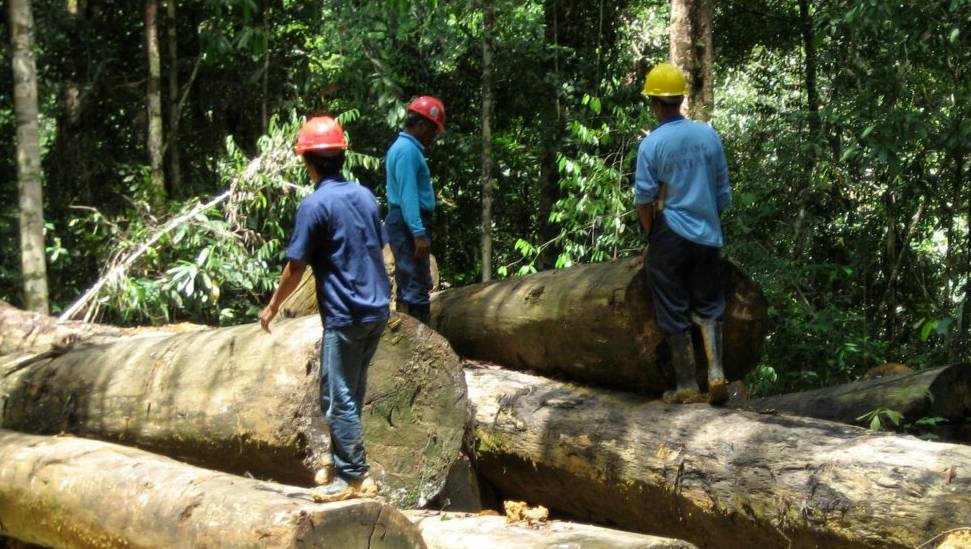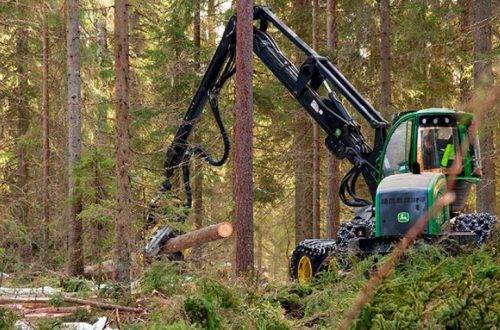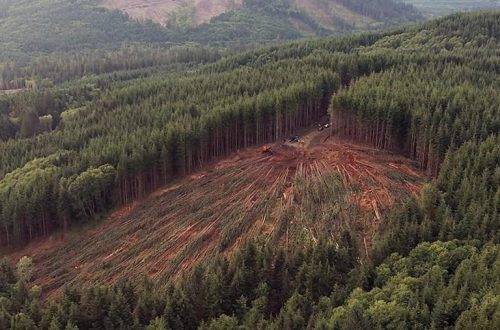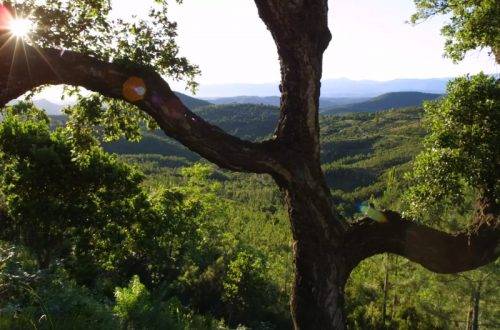
New plan to stop deforestation by 2030 launched
Ahead of World Environment Day, Everland, which represents the world’s largest portfolio of high-impact forest conservation projects (REDD+), released the Forest Plan, which outlines goals to help develop up to 75 forest conservation projects in critical hotspots around the world. The plan was developed in response to promises made by 141 countries at COP26 to end deforestation, a major cause of climate change, by 2030.
The plan includes the largest voluntary carbon finance effort to date, with one transaction alone expected to generate more than $2 billion in funding streams over the next 10 years for community-based forest conservation projects in the global south.
The Forest Plan will further expand funding beyond this intervention with additional projects to be developed by Wildlife Works, the Wildlife Conservation Society, the Wildlife Alliance and other Everland partners.
The Forest Plan is based on science and experience and seeks to address the primary cause of forest loss: economics. It seeks to use this knowledge to effectively respond to two urgent planetary problems–the climate crisis and biodiversity loss–with the speed and scale needed. The Plan was developed by respected experts and community leaders from around the world.
The Forest Plan focuses on the development and implementation of voluntary community-based forest conservation projects, based on the UN mechanism known as REDD+ (Reducing Emissions from Deforestation and Forest Degradation), and will bring stakeholders from the forest floor into the boardroom to address these issues.
Speaking at the launch of The Forest Plan, Joseph Mwakima, public relations specialist for the Kasigau Corridor REDD+ project in Kenya , said: “The impact of the work being done by Wildlife Works has made a difference in the community. REDD+ has brought sustainable livelihoods to our communities where there are now jobs, opportunities for community-based sustainable businesses and funding for schools and health facilities.”
Under the Forest Plan, project developers, communities and governments leading this form of conservation will have the opportunity to generate 90 million tons of verified emission reductions (carbon credits) annually and over 800 million tons overall by 2030. the projects that Everland represents, along with all other REDD+ projects, could protect a total of about 50.5 million hectares. This is equivalent to 17% of the projected forest loss in 15 critical forest countries, including Brazil, Democratic Republic of Congo, Indonesia, Papua New Guinea and Cambodia. The projects submitted by Everland alone will cover 23 million hectares.
Josh Tosteson , president of Everland, said: “Conserving forests is central to the fight against climate change, but the failure to keep past promises has led us to where we are today: carbon emissions from deforestation of tropical forests this century are much higher than anticipated. It has only been two decades and continues to accelerate, urgent action is needed now. Perhaps more than anything, the purpose of The Forest Plan is to show that there is a legitimate, data-driven basis for hope. Through concerted, purposeful collective action and cooperation, we can really put an end to deforestation.”
The Forest Plan will also help forest governments achieve nationally determined contributions (NDCs) consistent with their Paris Climate Agreement goals and access unprecedented private sector resources to fund much-needed sustainable development in their countries. Businesses will play a central role in helping projects meet the plan’s critical climate, community, governance and biodiversity goals by voluntarily investing in projects as part of their emissions reduction plans to help offset their unavoidable emissions.
Everland will be held accountable by setting meaningful goals and targets, reporting periodically and transparently on progress made against key performance indicators (KPIs).
The Forest Plan’s goals, while ambitious, are only part of what must be a much broader collective effort to end deforestation. At the heart of what is needed is a collaborative effort that combines top-down (national/jurisdictional) and bottom-up (community project) approaches to solving deforestation.
The plan serves as a call to action in four areas:
- Expanding the high-performing REDD+ community to its full potential.
- securing national and jurisdictional REDD+ programs to achieve effective outcomes.
- Prioritizing the rights of Indigenous Peoples and Local Communities (IPLCs).
- Empowering supply chain-based initiatives to end deforestation for effective outcomes.
About Everland
Everland represents the world’s largest portfolio of high impact forest conservation (REDD+) projects in Southeast Asia , Africa and Latin America . Everland brings forest communities and corporations together for a common cause to protect some of the world’s most important and vulnerable forests.




